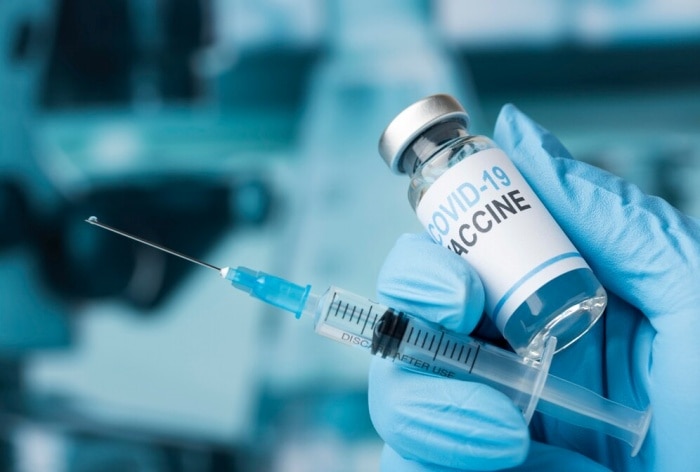A team of Indian scientists are working on a new Covid-19 vaccine that may help against potential future strains as well. Here is what we know so far about this new vaccine.
There has been a spike in Covid-19 cases across the world but this time is reportedly being driven by the new Omicron sub-variant being called JN.1. Every year a new strain of SARS-CoV-2 is detected that often makes people ponder over the vaccines so far made and its efficacy. According to a release by Indian Institute of Science (IISc), Indian scientists are working on developing a new vaccine that may work against all the potential future strains of coronavirus as well. An IISc Professor and collaborators have designed a synthetic antigen that can be manufactured as a potential Covid-19 vaccine candidate.
Since the beginning of the Covid-19 pandemic, Raghavan Varadarajan, Professor at the Molecular Biophysics Unit (MBU), IISc, and collaborators have been working on developing a heat-tolerant vaccine that can offer protection against different strains of SARS-CoV-2- both current and future variants.
ALL ABOUT THE NEW COVID-19 VACCINE BEING DEVELOPED BY IISc SCIENTISTS
- In a study published in ‘npj Vaccines’, the scientists show that their vaccine candidate is effective against all current strains of SARS-CoV-2 and can be quickly adapted for future variants as well.
- The RS2 antigen can also be stored at room temperature for a month without the need for cold storage, unlike many vaccines on the market which require mandatory cold storage. According to the IISc statement, this would make the distribution and storage of these vaccine candidates more economical.
How will the new vaccine work?
After analysing various proteins found in the virus, the researchers selected two parts of SARS-CoV-2’s spike protein – the S2 subunit and the Receptor Binding Domain (RBD) -for designing their vaccine candidate. The S2 subunit is highly conserved and it mutates much less than the S1 subunit, which is the target of most current vaccines.
The researchers used mammalian cell lines to study the expression of the hybrid protein.
“The protein showed very high levels of expression, and I [initially] thought that the experiment was not working properly,” said Nidhi Mittal, PhD student at MBU and first author of the study. This means that it can potentially be produced in large quantities, she added.
The team then tested the effects of the protein in both mice and hamster models. They found that the hybrid protein triggered a strong immune response and provided better protection when compared to vaccines containing the whole spike protein.
Since 2000, Varadarajan’s team has been working on designing several viral vaccines, including those against AIDS and influenza. They have leveraged this expertise to design their current RS2-based Covid-19 vaccine candidate in collaboration with the startup Mynvax, that was, until recently, incubated at IISc, the statement said.
According to the team, the vaccine candidate can be tailored to incorporate the RBD region of any new variant of SARS-CoV-2 that might emerge. Its high levels of expression and stability at room temperature can greatly reduce production and distribution costs, making it well suited for combating Covid-19.
–>
